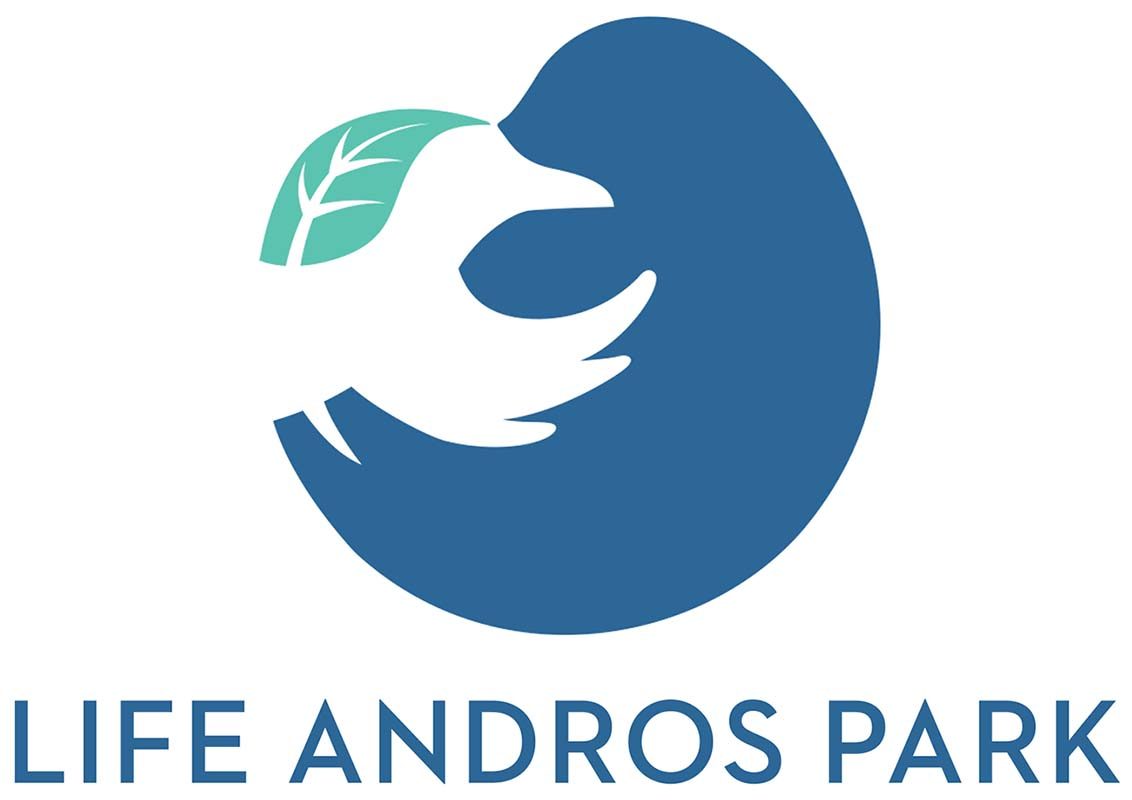Genetic material from plant and fungi will be collected and isolated:
- From alluvial alder forests
Collections of selected plants and macrofungi associated with alder trees will take place for the needs of plant replenishment at the project restoration sites. The seeds or ramets of all plant species will be collected from more than one local population of the site so as to achieve seed lots with maximum genetic diversity which will provide plants adapted to local conditions.
- From the wider area of Andros Natura 2000 site
Collections will take place of important, rare, endemic and threatened species and the produced plants will be used for educational and awareness purposes in the Botanical Garden.
The genetic material will be treated and stored or cultivated. Seeds and ramets of all plant species will be stored at the Agricultural University of Athens.
Ex situ conservation for macrofungi associated with alder, pertinent specimens which will be collected during the relevant preparatory action, and after LIFE, will be transferred to AUA for further study. There, material will be processed and stored in the appropriate facilities.
The ex-situ conservation of genetic material aims to
- support and complement in-situ conservation activities, ascertaining the maintenance/existence of the necessary plant material to be used in the restoration of alluvial alder forests as well as of living pure cultures of ectomycorrhizal fungi associated with this tree species to be used
- provide steady basis (whenever judged necessary) plant and fungal material needed to be included as exhibits in the Botanical Garden
- provide essential long-term protection against catastrophic events and for facilitating plant (or associated fungal), re-introduction and/or population enhancement when necessary.
- serve as unique reference collection, and as the only form of ex-situ conserved material in the cases of taxa new for science, or for species of macrofungi which are of significant ecological value.
